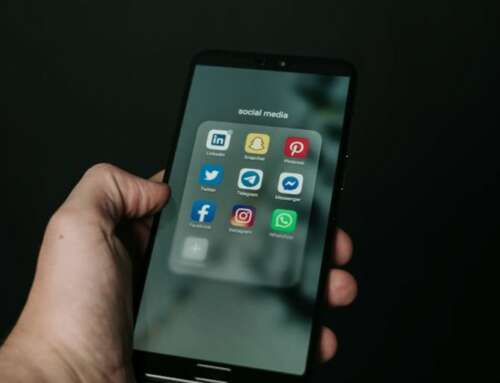In 2004, the social network site was set up to connect people. But now, with lives increasingly played out online, have we forgotten how to be alone?
“Thefacebook is an online directory that connects people through social networks at colleges. We have opened up Thefacebook for popular consumption at Harvard University. You can use Thefacebook to: search for people at your school; find out who are [sic] in your classes; look up your friends’ friends; see a visualization of your social network.”
On 4 February 2004, this rather clunky announcement launched an invention conceived in the dorm room of a Harvard student called Mark Zuckerberg and intended to be an improvement on the so-called face books that US universities traditionally used to collect photos and basic information about their students.
From the vantage point of 2019, Thefacebook – as it was then known – looks familiar, but also strange. Pages were coloured that now familiar shade of blue, and “friends” were obviously a central element of what was displayed. However, there was little on show from the wider world: the only photos were people’s profile pictures, and there was no ever-changing news feed.
Everything on offer was centred on the lives of students: first at Harvard, then at Columbia, Stanford and Yale. On the face of it, the focus was campus dating and a feature whereby users could send each other “pokes”, whose meaning was open to interpretation, thus increasing the fun.
Very quickly, though, something else happened.
By the autumn of 2005, 85% of US college students were using the site with 60% of students visiting it daily. As they immersed themselves, Thefacebook tapped into the fierce social competitiveness that the US education system seems to be built on. As David Kirkpatrick’s definitive history The Facebook Effect explains, users of the new site began to fixate on perfecting the details of their profile, not just to date, but to make themselves more attractive as potential friends. This came down to a handful of imperatives: “Find exactly the right profile picture. Change it regularly. Consider carefully how you describe your interests.”
In fact, says Kirkpatrick, being a successful Facebooker soon became such a necessity that it began to affect choices people made in the real world: “Since everyone’s classes were listed, some students even began selecting what they studied in order to project a certain image of themselves. And many definitely selected classes based on who Thefacebook indicated would be joining them there.”
Everyone, it seemed, was performing, and the basic idea was to do as much performing as possible.
At the end of 2004, Thefacebook reached a million users; in September 2006, having renamed itself Facebook, it moved beyond campuses and high schools, and opened itself up to anyone over 13 with an email address. But a core tenet of its Harvard beginnings remained: the imperative for users to present the world with the most flattering impression of themselves.
Fifteen years after Facebook’s birth, it has 2.2 billion users, Zuckerberg sits on a fortune of about $55bn (£42bn), and this week the company posted a record profit of $6.88bn for the final three months of 2018. And we know one other thing for sure: tangled up in its success is the fact that people lie about themselves on Facebook, as they do on other social media platforms.
In 2016, when the market research firm Custard surveyed 2,000 people in the UK, it found that only 18% of them said their Facebook profile accurately represented them, 31% said the face they presented on Facebook boiled down to “pretty much my life but without the boring bits”, and 14% said Facebook made them look “much more” socially active than they were. Men, it seemed, were more likely than women to knowingly depart from the truth: 43% admitted to fabricating some aspect of their online selves.
– John Harris, The Guardian
Read more: Death of the Private Self: How Fifteen Years of Facebook Changed the Human Condition
Image by Marvin Meyer from Unsplash







Leave A Comment